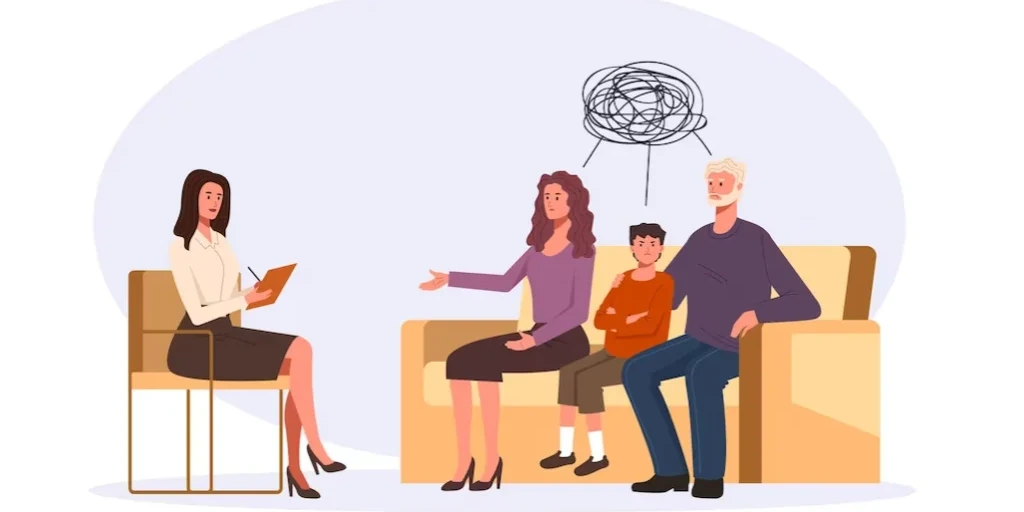24/7 Helpline:
(866) 899-111424/7 Helpline:
(866) 899-1114
Learn more about Aftercare Support centers in Port Neches
Aftercare Support in Other Cities

Other Insurance Options

UnitedHealth Group

Optum

Amerigroup
Beacon

Absolute Total Care

Aetna

Coventry Health Care

Cigna

Regence

Horizon Healthcare Service

Excellus

State Farm

Highmark

UMR

Humana

United Health Care

Medical Mutual of Ohio

ComPsych

MVP Healthcare

Oxford










